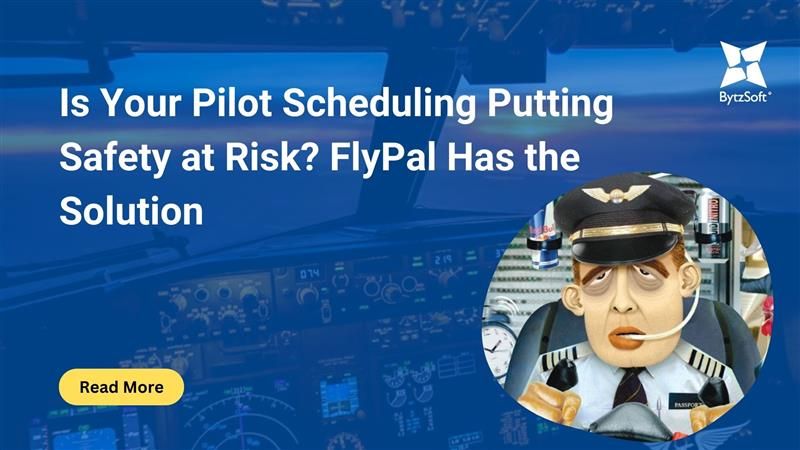In the fast-paced world of aviation, ensuring the safety of our skies hinges on the well-being of those at the helm—our pilots. Fatigue among pilots has emerged as a critical concern, with studies indicating that it contributes to approximately 15-20% of fatal aviation accidents caused by human error.
The Impact of Pilot Fatigue on Flight Safety
Pilot fatigue is more than just physical tiredness; it encompasses a range of cognitive impairments that can severely affect flight operations. Symptoms include slower reaction times, lapses in attention, and diminished decision-making abilities. A survey revealed that 56% of commercial pilots admitted to falling asleep in the cockpit, with nearly a third waking to find their co-pilot also asleep. The consequences of fatigue are evident in various incidents. PMC
Optimized Scheduling: A Proactive Approach
Addressing pilot fatigue requires a multifaceted approach, with optimized scheduling playing a pivotal role. By fine-tuning flight schedules, airlines can ensure that pilots receive adequate rest, thereby enhancing safety and operational efficiency. Precision in scheduling allows for better alignment of departure and arrival times, minimizing delays and improving aircraft utilization.Cirium
FlyPal: Enhancing Safety Through Intelligent Scheduling
FlyPal’s advanced scheduling features are designed to prioritize pilot health and safety. The system meticulously tracks rest requirements and monitors duty times, ensuring compliance with safety regulations and reducing the risk of fatigue-related incidents. Airlines utilizing FlyPal’s intelligent scheduling have reported a 20% improvement in on-time performance while maintaining strict safety standards.
Industry Insights and Collaborative Efforts
The aviation industry recognizes the imperative need to combat pilot fatigue. Technological advancements, such as AI-driven predictive models, are being explored to anticipate potential delays and optimize flight operations. For example, Japan Airlines has implemented AI systems to enhance punctuality and reduce delays. The Australian
However, technology alone cannot resolve the issue. A holistic approach that includes regulatory measures, organizational culture shifts, and a commitment to pilot well-being is essential. The tragic loss of pilots due to fatigue-related incidents underscores the urgency of implementing comprehensive fatigue management strategies. WIRED
Conclusion
Ensuring the safety of our skies begins with safeguarding our pilots. By prioritizing optimized scheduling and leveraging intelligent systems like FlyPal, airlines can proactively address pilot fatigue, leading to improved safety and operational excellence.
Take Action: Empower your airline with FlyPal’s intelligent scheduling solutions to enhance safety and efficiency. Learn more

